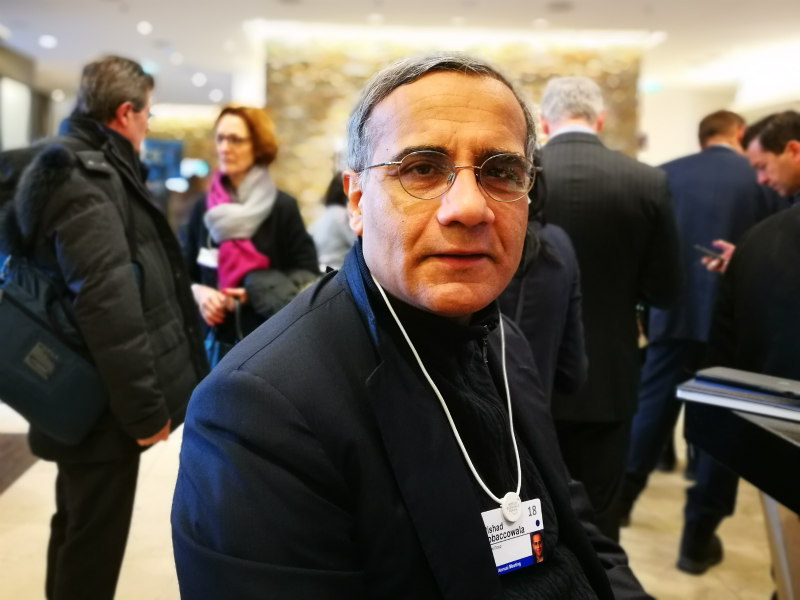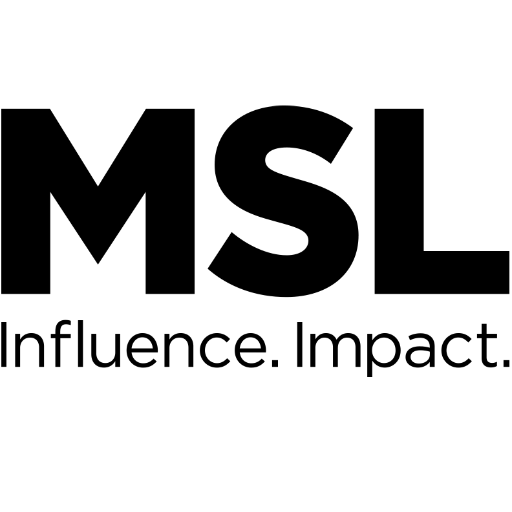Arun Sudhaman 25 Jan 2018 // 12:48PM GMT

DAVOS — Despite upbeat economic optimism, marketing agencies are struggling because of the perception that they are a drain on the bottomline, said Publicis Group's top strategist at the World Economic Forum in Davos.
Publicis Groupe chief growth officer Rishad Tobaccowala told the Holmes Report that "the legacy marketing industry is seen as having a lot of waste and not being accountable and not as measurable," bringing increasing pressure despite solid economic growth, record US stock market returns, deregulation and corporate tax cuts.
Tobaccowala noted that technology is removing the "arbitrage" opportunity that helped brands, such as those from CPG companies, command a higher price versus generic players. "People at some stage say why am I spending twice as much on a brand," he said. "This is creating major price pressure on these companies."
This in turn has led to activist investors focusing on marketing spend as a way to cut costs and improve the bottomline. So while demand for marketing agencies is under pressure, "supply has exploded" thanks to the proliferation of shops trying to broaden their services.
"Clients need to reduce cost and they have oversupply," said Tobaccowala, using the moves of Edelman and Accenture as examples to illustrate how agencies are changing their service offerings. "What we have to do is go to places where there is less supply and more demand, like marketing transformation and business transformation. Most of our business portfolio has tended to be where there is more supply than demand."
Tobaccowala noted that Nike's reverse auction also serves as an example of how supply is exceeding demand in the agency arena.
Meanwhile, Tobaccowala also believes that brands must modify their marketing approach in response to the populist backlash in many countries. "Be very careful about the tone of voice and how your management presents themselves," he said, pointing out that even middle management in the corporate world earns three or four times as much as the average American family. "Be aware of the other."
In addition to empathy, Tobaccowala believes the populism represented by the #MeToo movement and the backlash against Big Tech can only be addressed by better diversity and inclusion.
"The key thing with principles is you pay a price for them," said Tobaccowala. "If you want to be a long-term company, you align with principles that are long-term, like diversity. The reality is there will be a backlash. But if you say you are for all the people instead of a small group of people, it is strategically correct for the business, rather than a compliance issue."


































.jpg)





















